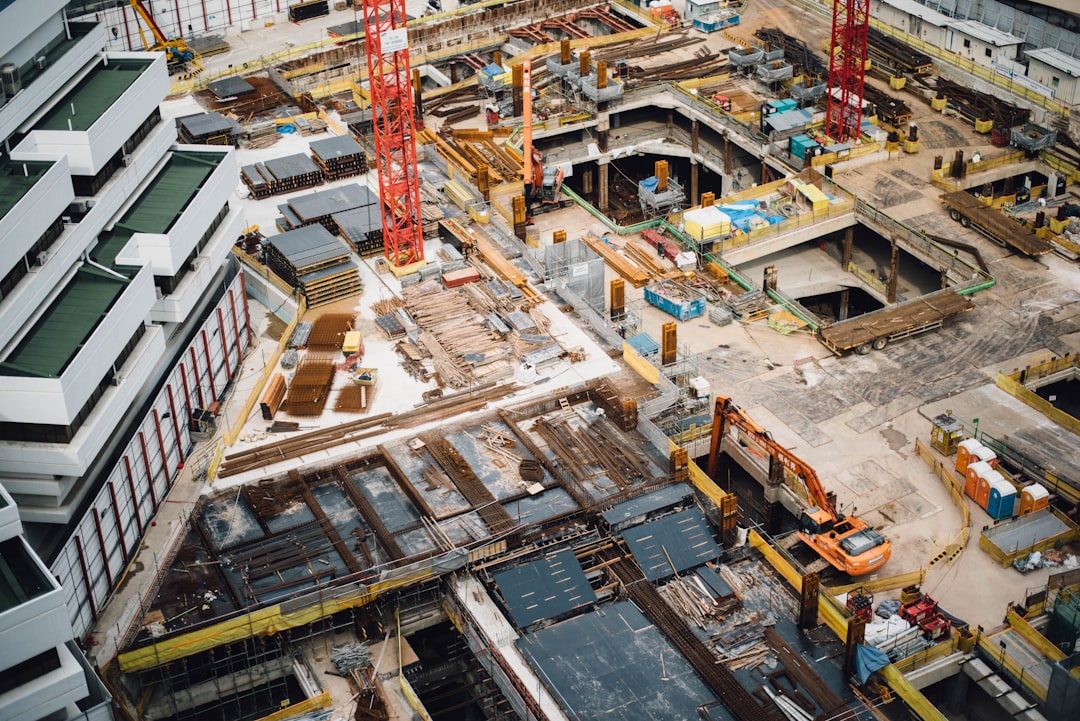Infrastructure engineering is a critical field that underpins the functioning of society. From roads and bridges to water and electricity supply systems, infrastructure plays a crucial role in our daily lives. As we look towards the future, it is essential to consider how infrastructure engineering will evolve to meet the challenges of tomorrow.
One of the key factors driving the future of infrastructure engineering is the rapid pace of technological advancement. In recent years, we have seen incredible strides in fields such as artificial intelligence, automation, and advanced materials. These technologies have the potential to revolutionize the way infrastructure is designed, built, and maintained.
For example, the use of artificial intelligence and machine learning algorithms can help engineers analyze vast amounts of data to optimize the design of infrastructure projects. By harnessing the power of these technologies, engineers can identify potential issues early on in the design process and make informed decisions to improve the efficiency and sustainability of their projects.
Automation is another technology that is set to transform the field of infrastructure engineering. From the use of drones for aerial surveys to autonomous construction vehicles, automation has the potential to speed up project delivery, improve safety, and reduce costs. As automation becomes more prevalent in the industry, engineers will need to adapt their skills and knowledge to work effectively with these technologies.
Advanced materials are also playing an increasingly important role in infrastructure engineering. New materials with enhanced properties, such as increased strength, durability, and resilience to environmental factors, are being developed and tested for use in infrastructure projects. These materials can help engineers build more sustainable and resilient infrastructure that can withstand the challenges of climate change and increased urbanization.
The future of infrastructure engineering also involves a shift towards more sustainable and resilient infrastructure. With the growing challenges of climate change, population growth, and urbanization, engineers are under increasing pressure to design infrastructure that can adapt to these changing conditions. Sustainable infrastructure design focuses on minimizing the environmental impact of projects, reducing energy consumption, and promoting the use of renewable resources.
Resilient infrastructure, on the other hand, is designed to withstand natural disasters such as earthquakes, floods, and hurricanes. Engineers are incorporating innovative technologies and design principles to make infrastructure more resilient and able to bounce back quickly from disruptive events. By focusing on sustainability and resilience, infrastructure engineers can help build a more sustainable and livable future for all.
Another important trend shaping the future of infrastructure engineering is the concept of smart infrastructure. Smart infrastructure refers to the integration of information and communication technologies into the design, construction, and operation of infrastructure projects. By incorporating sensors, data analytics, and connectivity into infrastructure systems, engineers can create intelligent infrastructure that can monitor its own performance, detect issues in real-time, and optimize its operations.
Smart infrastructure has the potential to improve the efficiency, safety, and reliability of infrastructure systems. For example, smart transportation systems can use real-time data to optimize traffic flow, reduce congestion, and improve safety on our roads. Smart water systems can monitor water quality, detect leaks, and optimize water distribution to minimize waste and ensure reliable supply.
In conclusion, the future of infrastructure engineering is bright and full of exciting possibilities. With the rapid pace of technological advancement, the focus on sustainability and resilience, and the rise of smart infrastructure, engineers have a wealth of tools and techniques at their disposal to shape the future of infrastructure. By embracing these trends and adapting to the changing demands of society, infrastructure engineers can continue to build the critical infrastructure that supports our daily lives and paves the way for a more sustainable and resilient future.


